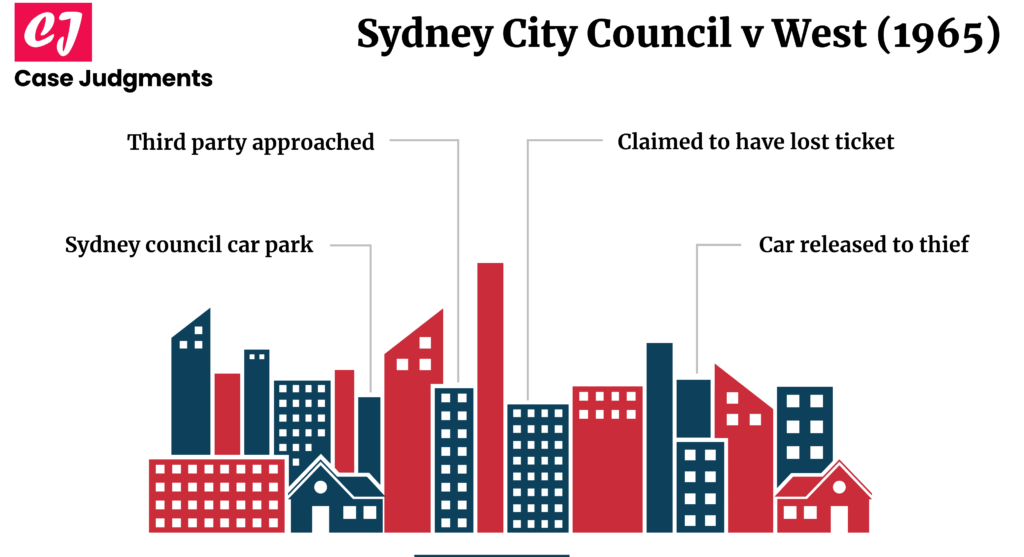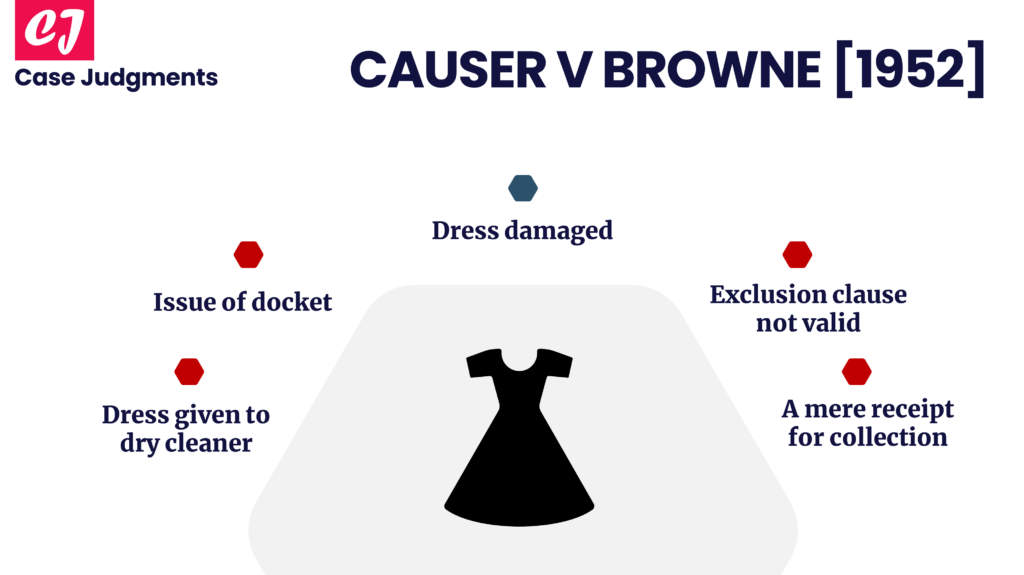
Darlington Futures Ltd v Delco Australia Pty Ltd (1986)
Darlington Futures Ltd v Delco Australia Pty Ltd (1986) is an Australian case in which the High Court of Australia confirmed that professional persons might restrict their liability by incorporating a specific clause in a contract to that effect. Given below are the case details:
| Case name & citation: | Darlington Futures Ltd v Delco Australia Pty Ltd (1986) 161 CLR 500 |
| The concerned Court: | High Court of Australia |
| Decided on: | 16 December 1986 |
| The bench of judges: | Mason, Wilson, Brennan, Deane and Dawson JJ |
| Area of law: | Exclusion of liability; contra proferentem rule |
Facts of the case
Darlington’s case involved a contract between a futures broker (Darlington Futures) and a corporation (Delco Australia) looking to engage in futures trading for tax purposes. The contract had some questions as to whether the company would like to have their account traded at the broker’s discretion and the answer was NO. The broker, in violation of the contract, failed to close out certain transactions, resulting in significant losses for the respondent. It engaged in risky transactions without the client’s authority. The respondent took action to recover those losses and the broker invoked the following exclusion clauses:
Clause 6 –
“The Client … acknowledges that the Agent will not be responsible for any loss arising in any way out of any trading activity undertaken on behalf of the Client whether pursuant to this Agreement or not …”
Clause 7 –
“Any liability on the Agent’s part … for any claim arising out of or in connection with the relationship established by this agreement … shall not exceed $100.”
Issue that arose
Whether the exclusion and limitation clauses were valid? And how the clauses should be construed in cases of ambiguity?
Judgment of the Court in Darlington Futures Ltd v Delco Australia Pty Ltd
The court stated that the language of both sorts of clauses must be construed in light of the overall contract. Furthermore, where possible, the natural meaning of the clause should be applied, although, in circumstances of ambiguity, the court may construe the clause contra proferentem (i.e., against the interests of the party that made the clause and now seeks to rely on it).
The High Court held that under the terms of clause 6, the appellant could only be protected when any trading activity was carried out with authority. Therefore, this exclusion clause was not valid since it could only exclude liability where trading was done on behalf of the client. But because the trading activity was done without authority, hence, this exclusion clause was not valid.
In addition, the Court decided that Clause 7’s reference to any claims “in connection with” the relationship established by the agreement was broad enough to permit the appellant to limit its damages notwithstanding the fact that the trading activity was not authorized. This clause could apply since it did not limit in its language to trading done on behalf of the client. Thus, the broker was successful in limiting its liability to $100.
List of references:
- http://classic.austlii.edu.au/au/journals/MacarthurLawRw/1998/1.pdf
- https://www.lawteacher.net/cases/darlington-futures-v-delco.php
- http://www.nzlii.org/nz/journals/NZLRFSP/1993/7.pdf
You might also like:
More from contract law:

